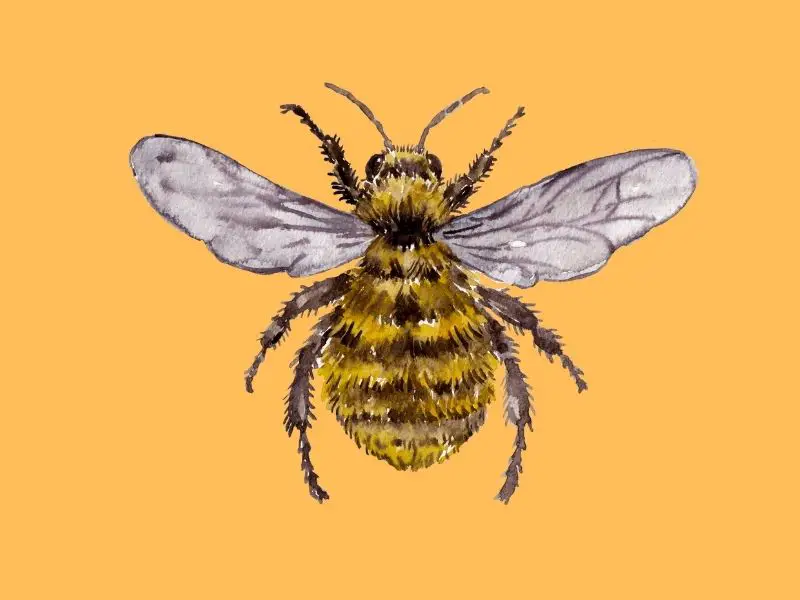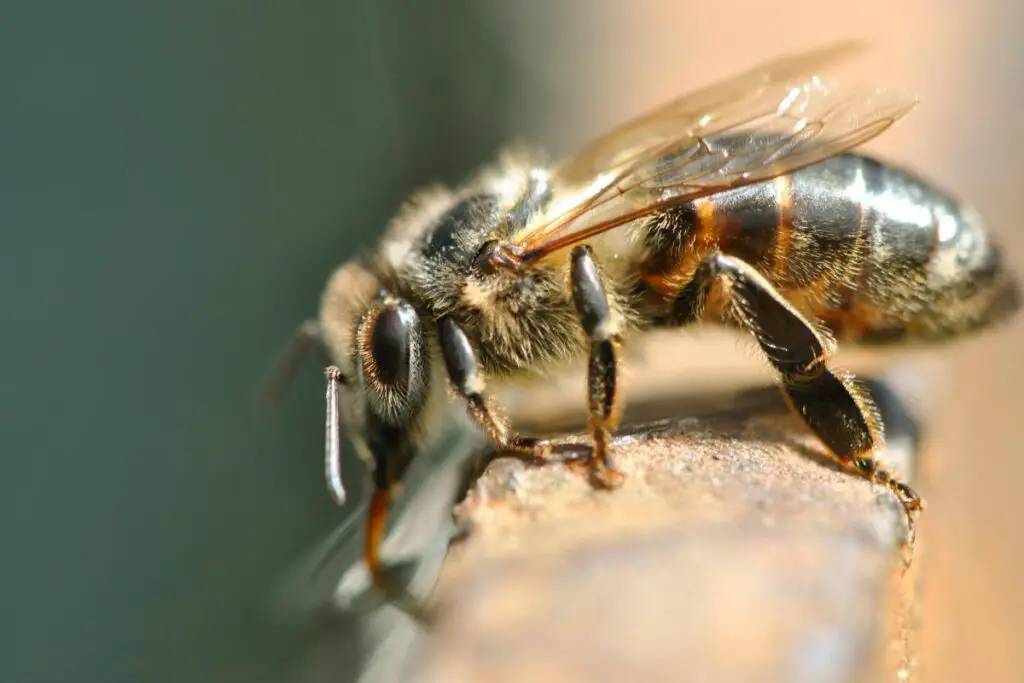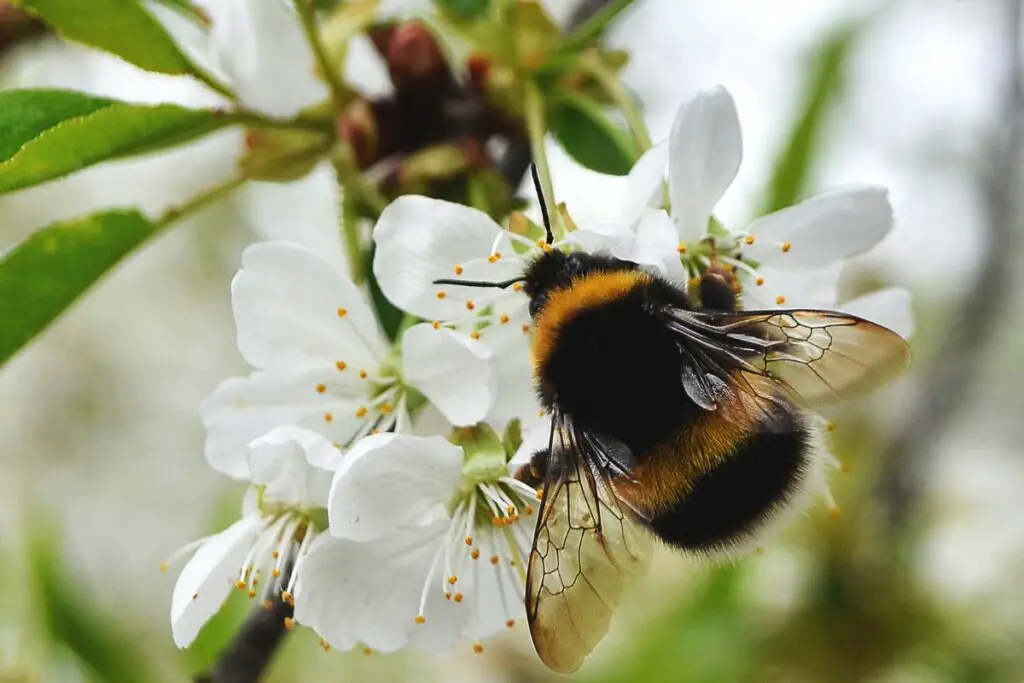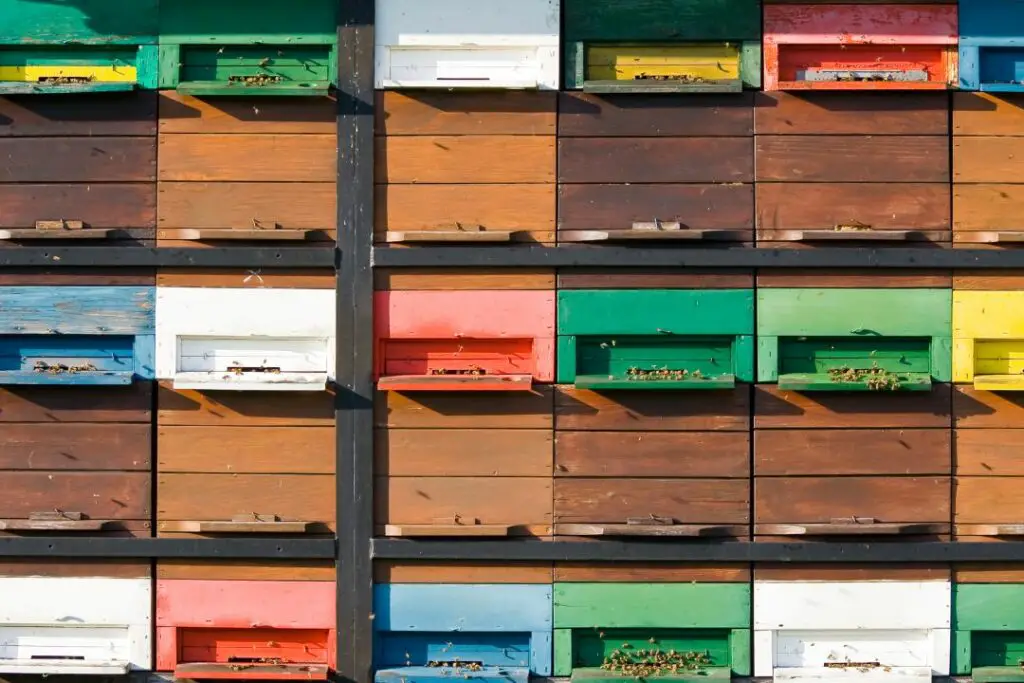Last updated on September 21st, 2023 at 12:32 pm
Springtime is marked by the arrival of bees, wasps and butterflies.
Many people find these critters annoying or even frightening, but they play a vital role in the health of their ecosystem and also in the success of the world’s food production
Bees are pollinators, meaning many crops rely on them for fertilisation. Without bees, food production worldwide would be adversely impacted and many countries would face harsh famine.
Fruits are one of the crop varieties that need bees. Which fruits do bees pollinate? Let’s find out.
Which Fruits Do Bees Pollinate?
Bees pollinate a wide variety of fruits, including citrus, berries and orchard fruits. Interestingly, not all bee species are equally efficient.
Certain species are better suited to berry plants, while others are more efficient pollinators of larger crops.
Citrus fruits such as lemon, orange and lime are pollinated by bumblebees and honeybees.
Some citrus fruits are able to self-fertilise, but pollination by bees increases the crop yield and produces better quality fruits.
Tropical fruits including mango, guava, avocado and passionfruit are pollinated by domestic, commercially managed honeybees.
Stingless bees and carpenter bees also contribute to the pollination of tropical fruits. Learn more about carpenter bees.
A large number of bee species pollinate cucurbits (twinging or trailing plants).
This includes crops such as squash, pumpkin, melon, cucumber and courgette. Bee species involved in their pollination are honeybees, bumblebees, halitus bees and anthophora bees.
Orchard crops are pollinated by mason bees and bumblebees. This includes fruits like apples, pears, plums, cherries and olives.
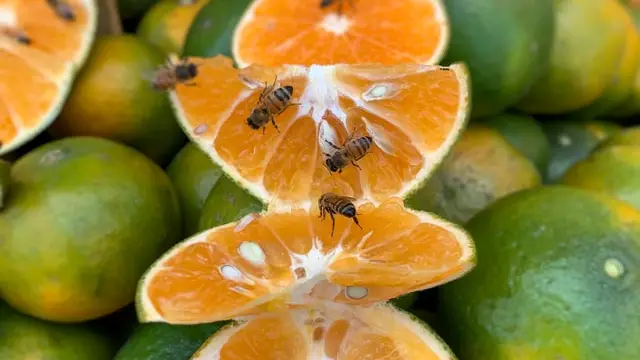
How Important Are Bees?
When you have a bee’s nest in your home, you might first reach for the phone book for a local pest control service, but this is not necessary.
It is also detrimental to the local ecosystem and the success of our food production.
Bees are important pollinators, not just for flowers and plants, but also for our food industry.
Almost 80% of worldwide food production relies on bees.
There are approximately 100 crop species growing at various times of the year all around the world and honeybees alone pollinate 70 of those species.
Fruits, vegetables and nuts are pollinated by bees, allowing fertilization to occur and ensuring the genetic diversity of the crops.
The more genetically diverse a crop is, the healthier it will be, as there is a lower risk of disease.
Want to learn How Much Of Our Food Supply Bees Pollinate?

Industries Reliant On Bees
It is not just food production where bees are important. They are also vital to many other industries.
Animal feed is produced using crops that are pollinated by bees, such as wheat, barley, corn and soy.
If there were no bees to pollinate those plants, we would not be able to produce enough animal feed for farmers.
This means the meat and dairy industries would suffer. Cows, pigs and sheep are all fed animal pellets made from ingredients like soy and alfalfa. In addition, they are supplemented with silage and legumes.
Chickens and other poultry are fed grain including corn, cereals and maize, which are not pollinated by bees, however, the grain is mixed with soya bean and peas which are reliant on bees for pollination.
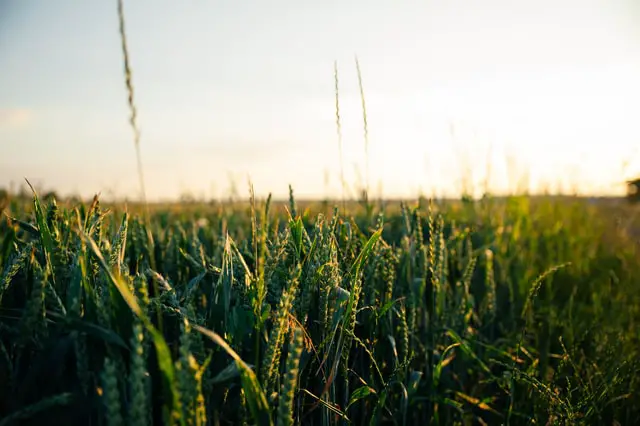
In addition to meat and dairy, the fishing industry is also reliant on bees. Fish pellets produced for commercial fisheries also contain many ingredients that bees pollinate.
The construction industry may seem a world away from the work of bees, but most of the tree species logged for furniture and lumbar production are pollinated by bees.
Cotton, widely used in the fashion and medical industries, is also reliant on pollination by bees, wasps and butterflies.
Many over-the-counter medications contain ingredients derived from plants and trees such as willow, poppy and aspen.
Without bees to pollinate these plants, there would be a huge deficit in the world’s ability to provide medication and pain relief.

